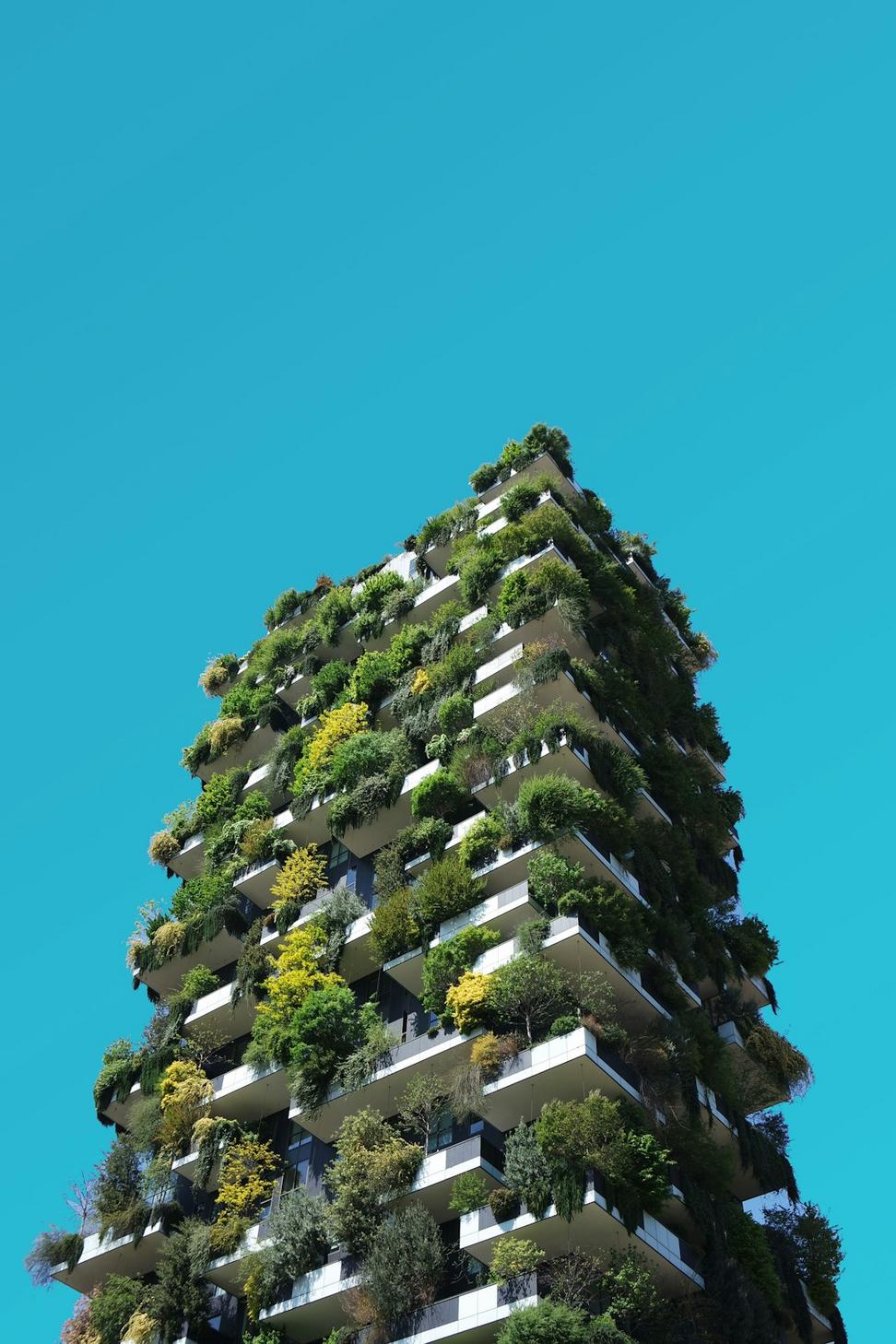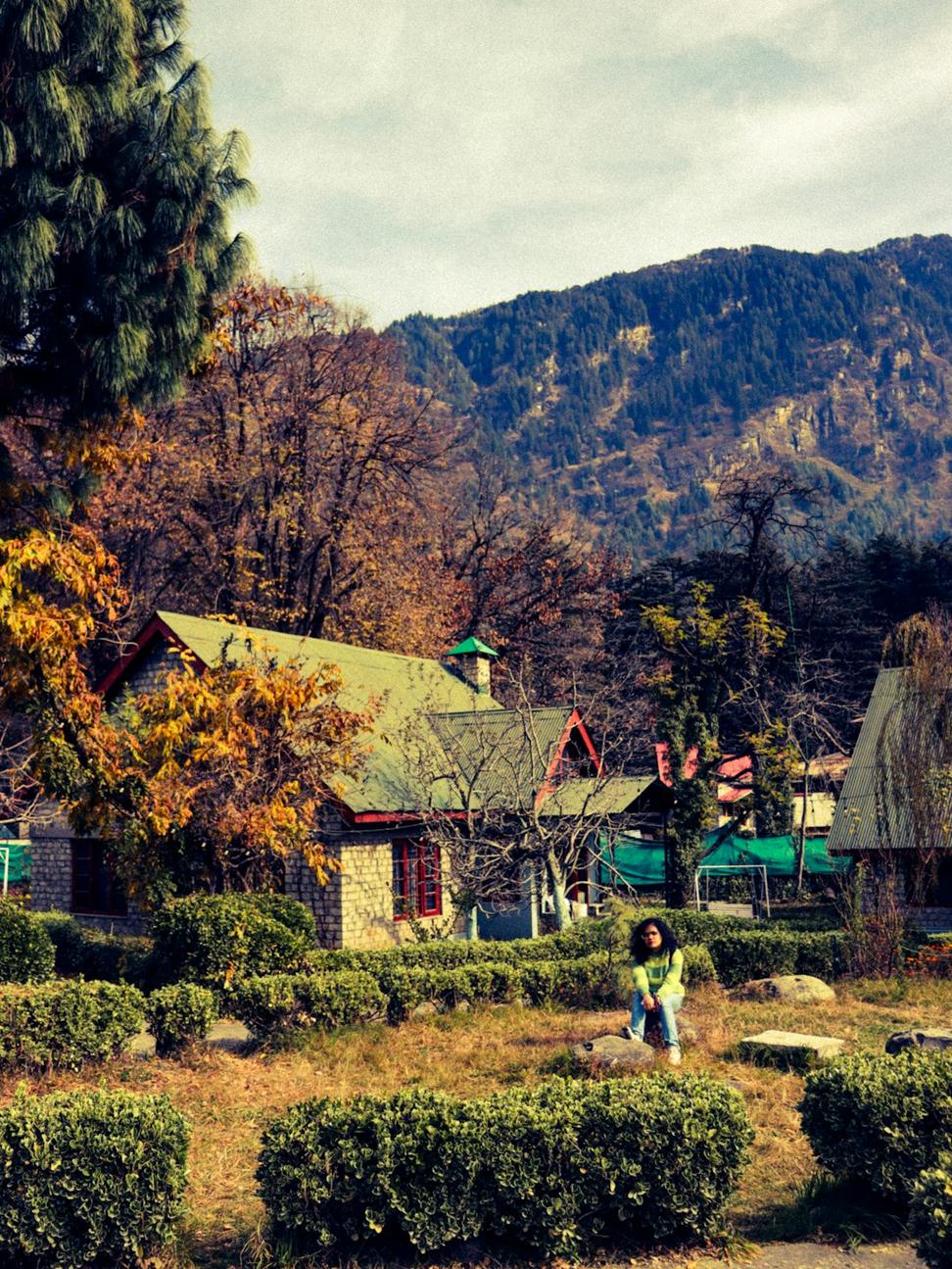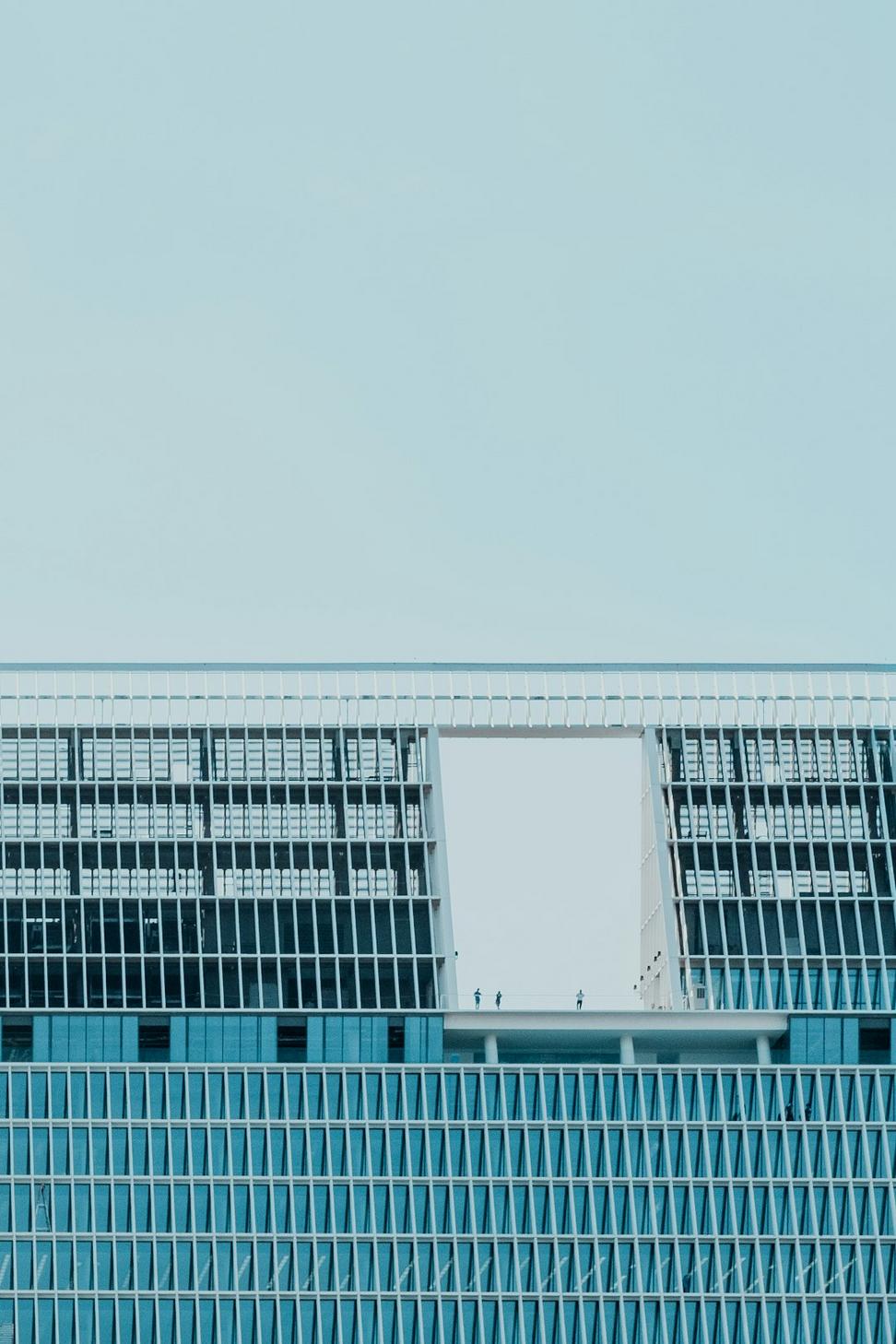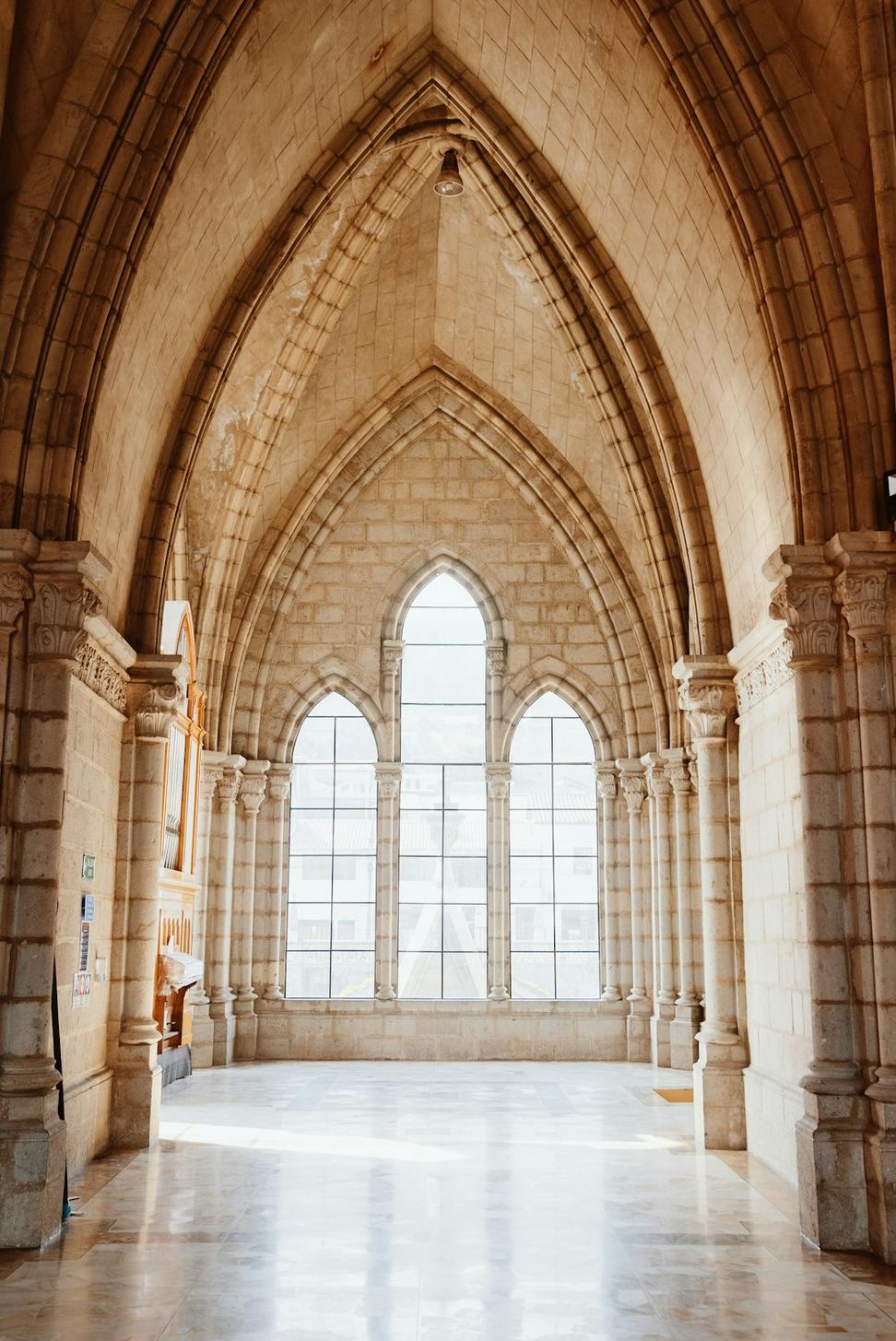Building With Purpose
We're not just designing structures - we're rethinking how buildings interact with the world around them. Every project's a chance to do better.

We're not just designing structures - we're rethinking how buildings interact with the world around them. Every project's a chance to do better.

Look, sustainable architecture isn't some trendy checkbox for us - it's literally how we approach every single project. Started doing this back in 2012 when "green building" was still kinda niche in Toronto, and honestly, we haven't looked back.
The way we see it, every building decision has ripples. Materials you choose today affect energy costs for decades. Site orientation determines whether you're fighting the sun or working with it. These aren't minor details - they're fundamental to how a space lives and breathes.
We've learned that the best sustainable buildings don't announce themselves. They just work better, cost less to run, and make people feel good being in them. That's the sweet spot we're always chasing.
How we've evolved our approach to sustainable design over the years
First LEED certification under our belt. Residential project in Rosedale that cut energy consumption by 42% compared to baseline. Learned more from that one build than we did in architecture school.
Got serious about Passive House standards. Honestly, it changed how we think about thermal envelopes and ventilation. Completed our first certified Passive House project - commercial office in Liberty Village.
Designed and delivered our first net-zero residential community. Twenty-three homes producing as much energy as they consume annually. The mechanical systems coordination was intense, but totally worth it.
Started incorporating mass timber and bio-based materials into everything. Carbon sequestration isn't just theory - we're building with it. Also achieved WELL Building certification on three projects that year.
Currently pursuing Living Building Challenge certification on a mixed-use development in the Distillery District. It's ambitious - probably the hardest thing we've tackled. Every material vetted, every drop of water accounted for.
What we've actually accomplished across our projects since 2012
Average decrease in operational energy vs conventional builds
Annual carbon dioxide equivalent reduction across active projects
Construction waste kept out of landfills through careful planning
LEED, Passive House, WELL, and Net-Zero across our portfolio
Every percentage point represents real changes - families spending less on heating bills, businesses reducing their carbon footprint, communities breathing cleaner air. We track this stuff obsessively because it keeps us honest about whether our designs actually work in the real world, not just on paper.
The practical stuff that goes into every sustainable project
We're kinda obsessed with site analysis. Solar paths, wind patterns, existing vegetation - everything matters. Did a project last year where just rotating the building 15 degrees reduced cooling loads by a third. Little moves, big impacts.
Every material gets scrutinized - embodied carbon, lifecycle costs, local sourcing options. We've built a database of over 400 vetted sustainable materials. Yeah, it's nerdy, but it means we can spec responsibly without reinventing the wheel each time.
We run energy models early and often - not just for compliance but to actually inform design decisions. Found issues before they're built, optimize systems, predict real-world performance. Takes more time upfront but saves everyone headaches later.
Architecture, mechanical, electrical, structural - everyone's at the table from day one. Sounds basic but you'd be surprised how rarely it happens. This is where the magic happens though, when the whole team's solving problems together.

Green roofs aren't just pretty - they manage stormwater, reduce heat island effect, and extend roof lifespan. Win-win-win.


Let's talk about what sustainable design can actually do for your project. No greenwashing, just honest conversation about what's possible and what makes sense.